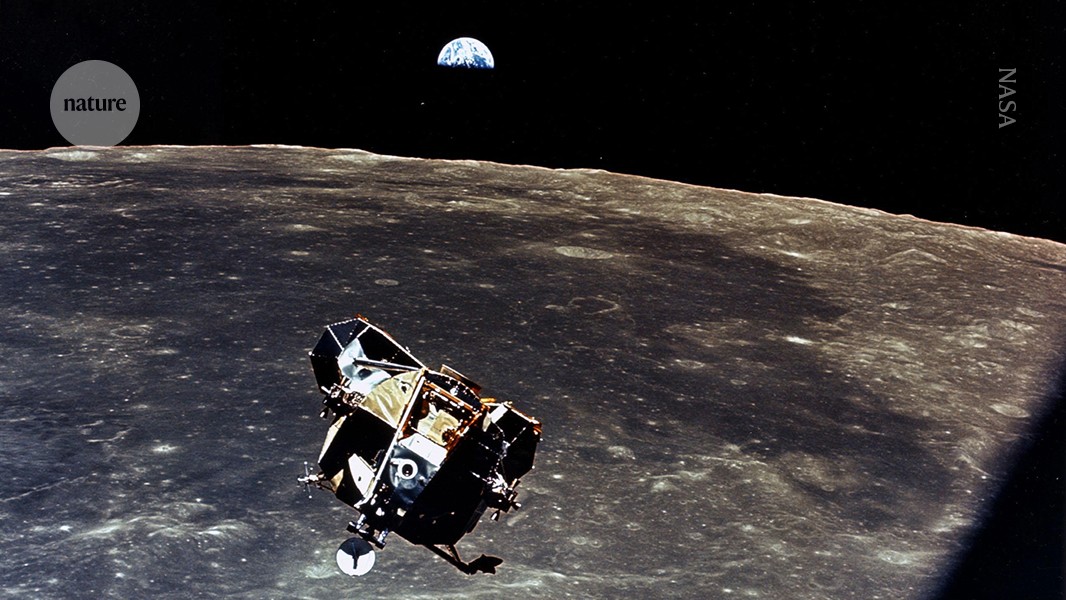
"Mars is often viewed as a failed Earth, lacking essential qualities such as a thick atmosphere, biosphere, and oceans that support life."
"The search for extraterrestrial life has evolved into a proactive effort, focused on scientific missions that investigate signs of habitability within our Solar System."
"Human space exploration is entering a commercially driven era, with private companies like SpaceX and Blue Origin facilitating missions that reach beyond Earth."
"Expanded ethical guidelines are necessary for extraterrestrial exploration to ensure moral obligations consider the intrinsic value of cosmic environments."
Mars is often labeled as a failed Earth, characterized by its absence of critical features like a thick atmosphere and biosphere. Recently, the approach to finding extraterrestrial life has shifted from passive speculation to active scientific missions. These missions aim to discover signs of life and habitability both in the Solar System and beyond, marking a potential golden age for astrobiology. Additionally, the rise of private space companies is reshaping human exploration with plans for missions to the Moon and Mars. There is an increasing need for ethical guidelines to assess the value of extraterrestrial environments.
Read at Nature
Unable to calculate read time
Collection
[
|
...
]